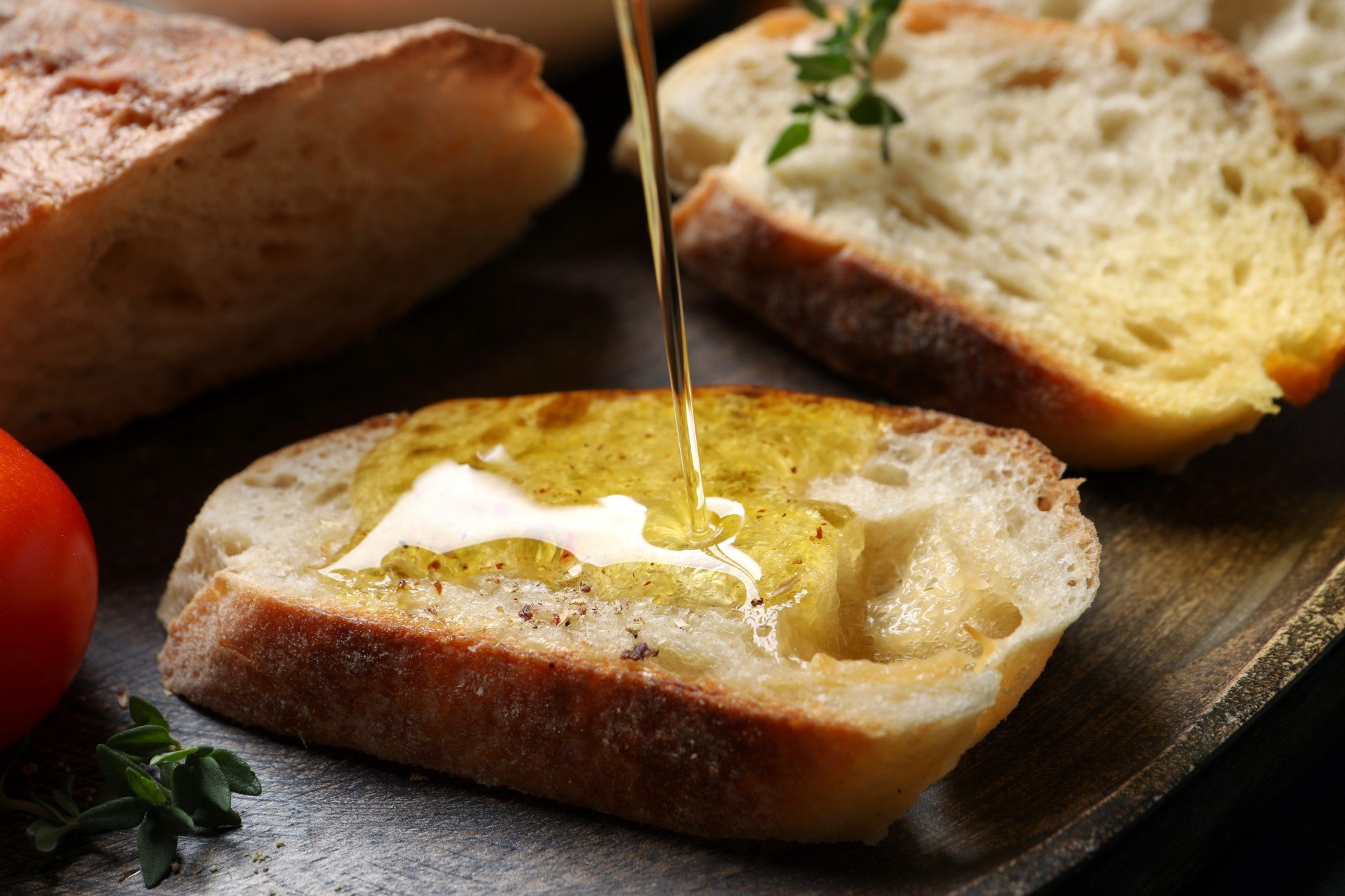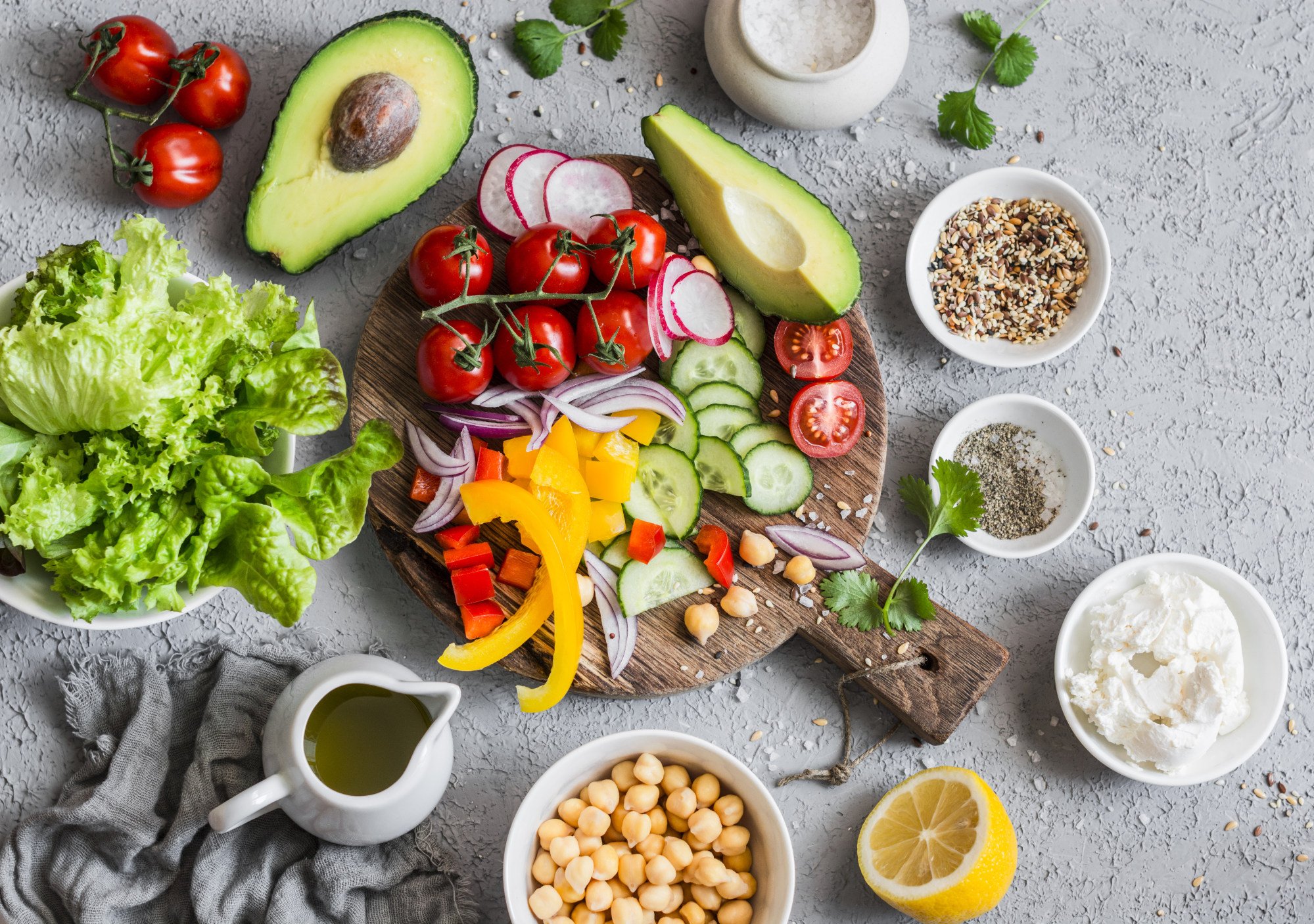Together with her daughter, Laura, Morris wrote The Official Mind Diet: A Scientifically Based Program to Lose Weight and Prevent Alzheimer’s Disease, which was published in 2023.
For the Mediterranean diet, one to four tablespoons a day is the general recommendation.
Olive oil has been a mainstay of diets in the Mediterranean for millennia. The earliest surviving olive oil amphorae – the traditional jugs in which oil was stored – date back to 3500BC, which means production started even earlier. The Greek poet Homer called olive oil “liquid gold”, while the “father of medicine”, Hippocrates, called it “the great healer”.
It seems the scientists of today agree. Neuropathologist Dr Domenico Praticò, a professor and director of the Alzheimer’s Centre at Temple University, in the US state of Pennsylvania, is a co-author of a study that found that EVOO may help prevent Alzheimer’s disease by activating autophagy inside nerve cells.
Autophagy, he explained, destroys unwanted materials that accumulate inside cells. He said to think of it as the “garbage disposal in a sink. The moment that it does not work, the sink will be clogged.”

Olive oil could be protective because it contains powerful antioxidants called polyphenols. Two that are abundant in olive oil are hydroxytyrosol and oleocanthal. These have a potent anti-inflammatory effect that has been compared to that of the drug ibuprofen.
A study published in May reflected these brain-protective findings: it found a higher olive oil intake was associated with a lower risk of dementia-related deaths.
One of the senior authors on the study, Marta Guasch-Ferré, an adjunct associate professor in the department of nutrition at the Harvard TH Chan School of Public Health, and an associate professor in the department of public health at the University of Copenhagen, in Denmark, explains why.

In US adults, she continues, her research team found that those who consumed more than half a tablespoon of olive oil per day had a 28 per cent lower risk of dying from dementia compared to those who never or rarely consumed olive oil.
“Typically, people who use olive oil for cooking or as a dressing have an overall better quality of their diet … We also found that replacing one teaspoon of margarine and mayonnaise with the equivalent amount of olive oil was associated with an 8 to 14 per cent lower risk of dying from dementia,” she says.
Another study, which monitored the effects of an even heftier olive oil dose – up to 50g a day (equivalent to roughly 3.5 tablespoons) – found that regular consumption came with beneficial effects on the gut microbiota, which positively influences many processes in the body, from cardiovascular to cognitive health.
The key in all of these studies, though, is extra virgin olive oil.
Olive oil qualifies as extra virgin if it is unrefined – meaning it has not been exposed to chemical or heat treatment. It needs to have been cold-pressed from the fruit to be “certified” extra virgin. Regular olive oil (as opposed to extra virgin) is a blend of refined and unrefined olive oils.

Because extra virgin olive oil has not been refined, it has a lower smoke point, which means it burns at a lower temperature than, say, corn oil. But it is not true that olive oil cannot be used for sautéing or frying; it can, and it can be a healthier option to do so than other oils.
5 ways to incorporate olive oil into your daily diet
No one, except possibly biohacker Bryan Johnson, suggests downing three or four tablespoons of olive oil a day neat. Here are some simple ways to enjoy it, from the Olive Wellness Institute in Australia and Israel’s Holive Oil.
-
Drizzle your morning toast with it instead of butter
-
Splash it over a plate of tomato slices with a pinch of salt and a twist of black pepper, or add a spoon to soup before serving
-
Use it in home-made salad dressings
-
Use it for stir-fry recipes – just heat slowly and carefully
-
Bake with it – cakes made using olive oil in place of butter tend to be especially moist







